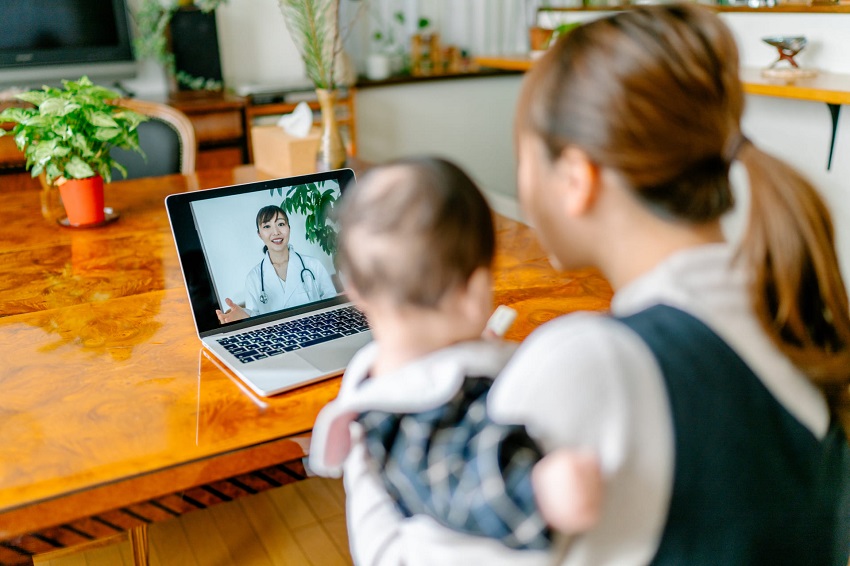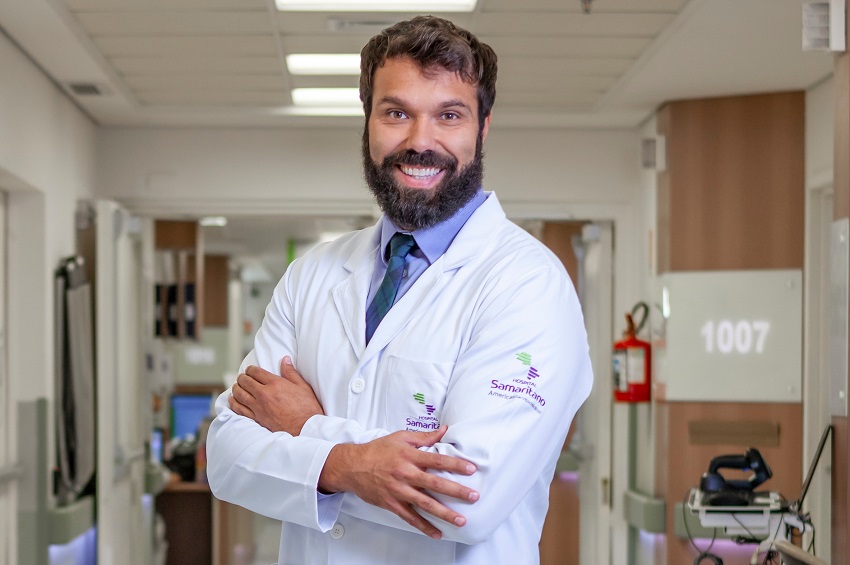For many years, Brazil has been at a disadvantage when it comes to adopting technology in the healthcare sector. In the specific case of telemedicine and telehealth, much of this stagnation was due to regulatory issues. Before the enactment of Law No. 14,510, which authorizes and regulates the practice of telehealth throughout the national territory, there was no general law regulating the subject. The only previous legislation was Law No. 13,989 of 2020, which was restricted to the use of telemedicine during the COVID-19 pandemic, and the sparse regulations of professional associations. The scenario, therefore, caused legal uncertainty, hindering not only technological development but also the development of qualified professionals.
Now the scenario is different. According to Caio Soares, president of Digital Health Brazil, in addition to the fact that the world has overcome the great challenge of the pandemic – which would be much more complex without the support of telehealth – 2023 began with a Law approved at the end of last year, which brought more clarity and a much more favorable environment for sector development. “This is an important step towards the democratization of health in Brazil and consolidates the meticulous work developed over the last few years, with joint efforts between leaders in the health and technology sectors and legislators,” emphasizes the executive.
Eduardo Cordioli, former president and current advisor of Saúde Digital Brasil, who actively participated in the process of presenting a legislative proposal to regulate the issue, even before the pandemic, compares the process to “a labor of painstaking work,” which required not only the joint effort of several stakeholders, but also investments of time and even financial resources, with numerous trips to Brasília. According to him, being on the right side of History – with a capital letter, as he makes a point of emphasizing – made all the difference in this process. The Law guarantees access to a constitutional right of citizens: health. “Any decision contrary to this would be impeding and restricting this right. The fight became easier as we were defending access for others [all citizens] and not for doctors. We were defending democratization,” he emphasizes.
According to Carlos Pedrotti, vice-president of the entity, one of the victories achieved was having managed to raise the issue to the level of urgency and take it directly to the plenary and, consequently, have it approved. Pedrotti highlights the engagement of other institutions, some of which even worked together with the SDB, as well as those involved in the Chamber and the Senate, who actively collaborated so that the entire processing process occurred more quickly and effectively. It is also important to mention the support of Senator Esperidião Amin, who authored the bill in the Senate, and rapporteur Veneziano Vital do Rêgo, Adriana Ventura, author of the bill, and Deputy Pedro Vilela, rapporteur of the bill in the Chamber, and many other parliamentarians who were co-authors of the bill or assisted in its processing. “Telehealth is a very relevant issue for citizens. The text of the Law prioritizes the population's choice, with the guarantee of data privacy, as well as the quality of services for those who use the Unified Health System (SUS)”, says Pedrotti.
It was also this legitimacy of the cause that helped secure the support of legislators, almost in their entirety. “One of the first to embrace the cause was Federal Deputy Adriana Ventura, as soon as she was elected for her first term. She made a point of understanding this issue in depth, and when the pandemic came and we experienced the benefits, it became clear how important it was to ensure this in the post-pandemic period. It was an educational effort; we met with many legislators, who welcomed us with open arms and were interested in more arguments. The vast majority were willing to help break all these paradigms,” adds Cordioli.
When asked about the reasons that led her to create the Bill, Adriana Ventura, a Federal Deputy for Novo, who is in her second term, explains that the first aspect was the awareness that technology exists to help people and that this should extend to health. Secondly, she highlights the vital role that remote care played in resolving the pandemic. She also reinforces that, in addition to the initial issues due to the health crisis, telemedicine solves one of the biggest problems in Brazilian health: the huge lines at the SUS.
Telehealth plays an important role, helping to reduce waiting times at the SUS and bringing health care to populations living in areas with poor health or difficult access to health care. Brazil is a country of continental dimensions, and providing health care is a government duty and a constitutional right of citizens. Telehealth helps to guarantee this right in several different ways,” he explains.
The Federal Deputy also emphasizes that, after the pandemic, there was a need to “do the difficult work” to make telemedicine permanent and extend the practice to all healthcare, not just medicine. Thus, the recently sanctioned Telehealth Law encompasses several services and includes several professionals such as physiotherapists, nurses, psychologists, doctors, etc. It not only improves the issue of accessibility to healthcare, but also creates new possibilities for these professionals to work. We are talking about a true revolution in the healthcare area, from care to training and management”, she explains.
Pedro Westphalen, a federal deputy for Rio Grande do Sul and a physician, also played a key role in this process. In addition to supporting telemedicine, he was a co-author of the bill proposed by federal deputy Adriana Ventura, which was created to normalize and ensure that the practice could be carried out in a country with continental dimensions, thus ensuring that people have access to quality healthcare in any city, no matter how far away it may be.
“Telehealth was already being implemented and, after the pandemic, it became an obvious necessity. It was important to make this regular, to regulate it and to make this tool available, especially to the most disadvantaged in remote places. I see this as a great opportunity and the parliament worked very well. I would like to take this opportunity to congratulate everyone who participated and worked on the construction of this great project,” he comments.





